Nayeli, 28, is an indigenous woman incarcerated in Cochabamba, Bolivia. She has suffered from sexual violence and has lived her entire life in poverty. Nayeli tells how abuse and poverty led to her involvement in the drug trade.
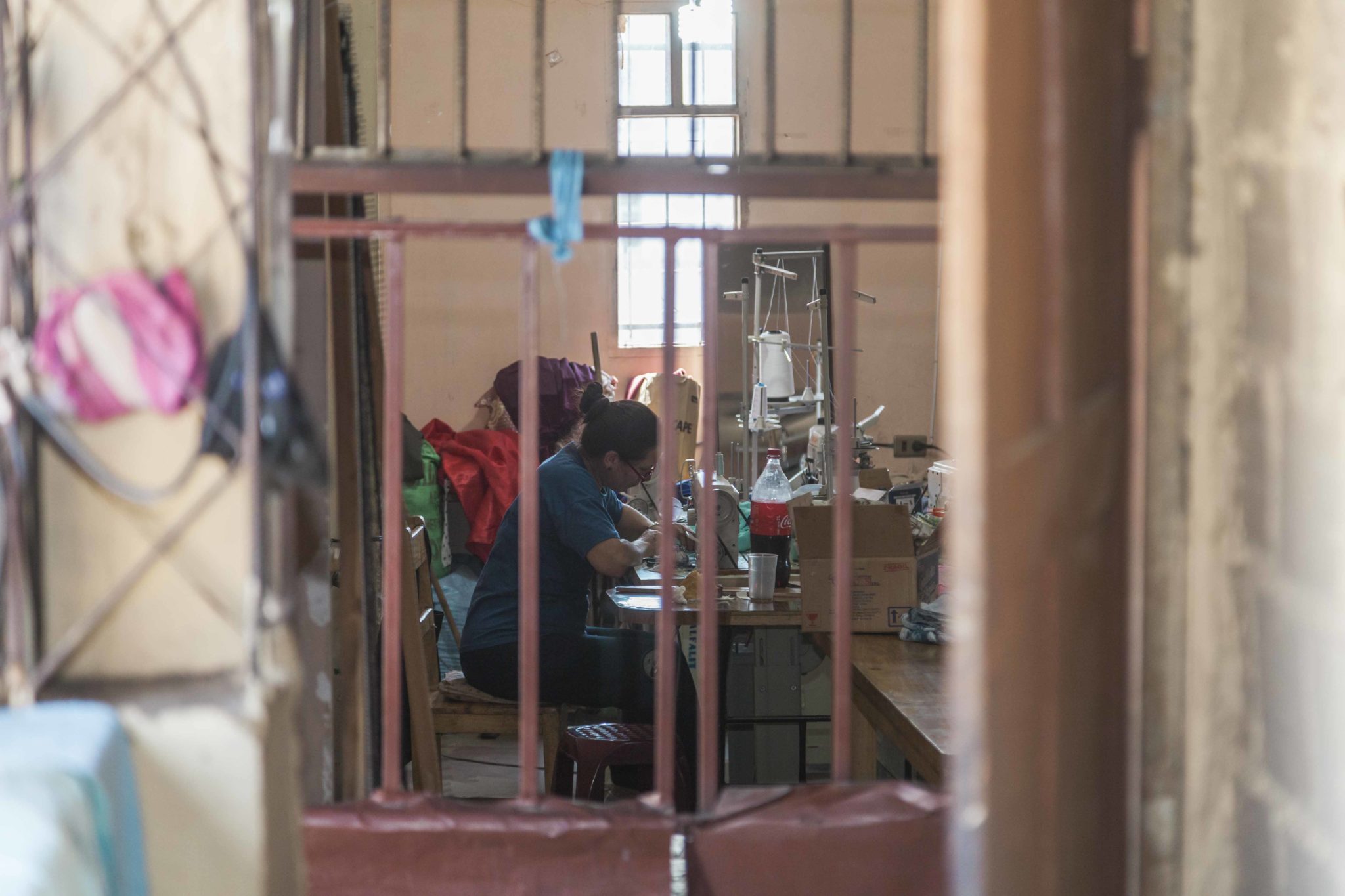
Age: 28 years old
Crime: Transporting 3 kilograms of cocaine paste
Sentence: 8 years
Location: Cochabamba, Bolivia
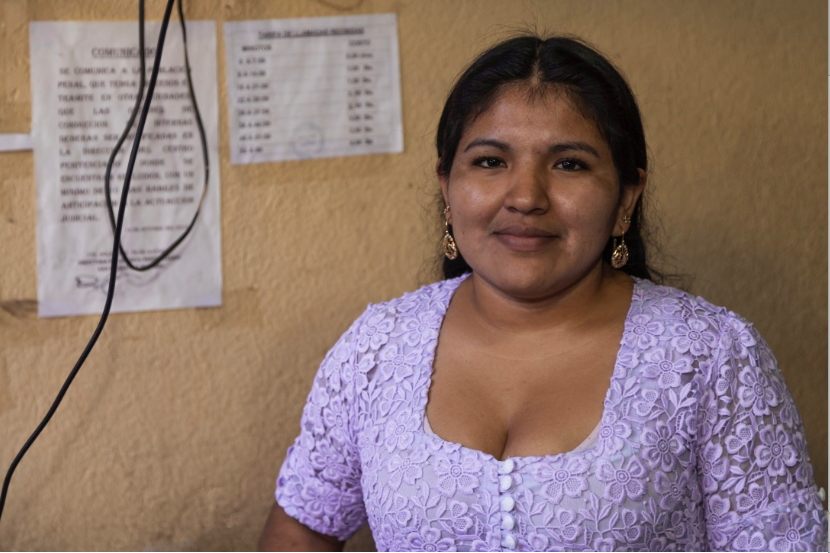
Nayeli’s father was convicted for transporting drugs. When she was young, her family lived in prison for 7 years.
When her father was released, the family faced economic and domestic hardships.
“Out of prison, my father spent all his wages on alcohol. my mother worked as a seamstress making polleras–traditional skirts–but it was not enough to make ends meet.”
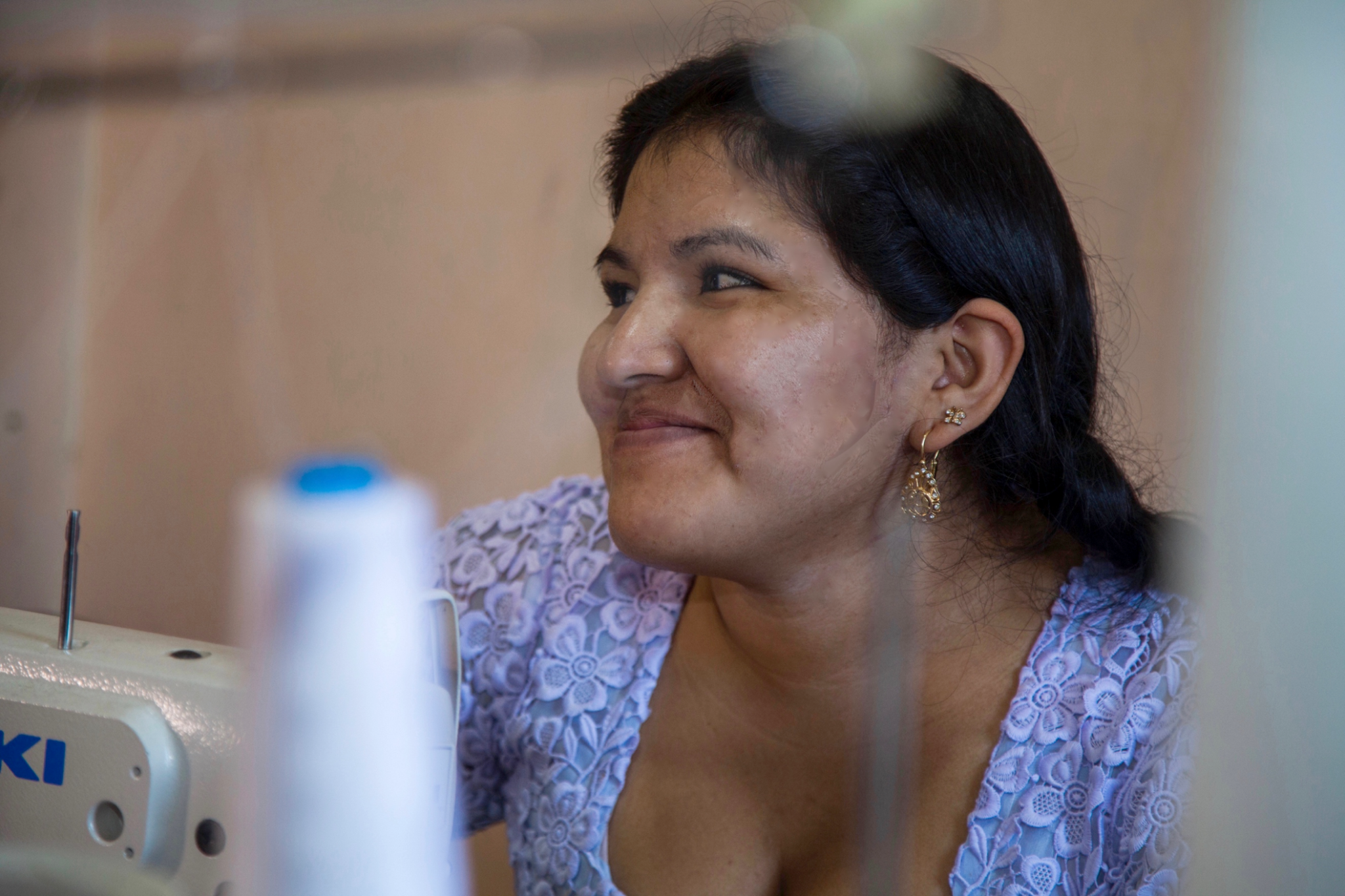
“One of the men in the group raped me, and I got pregnant. At first, I didn’t want to keep the baby because he reminded me of the father. After a few years, the father took my son away from me.”
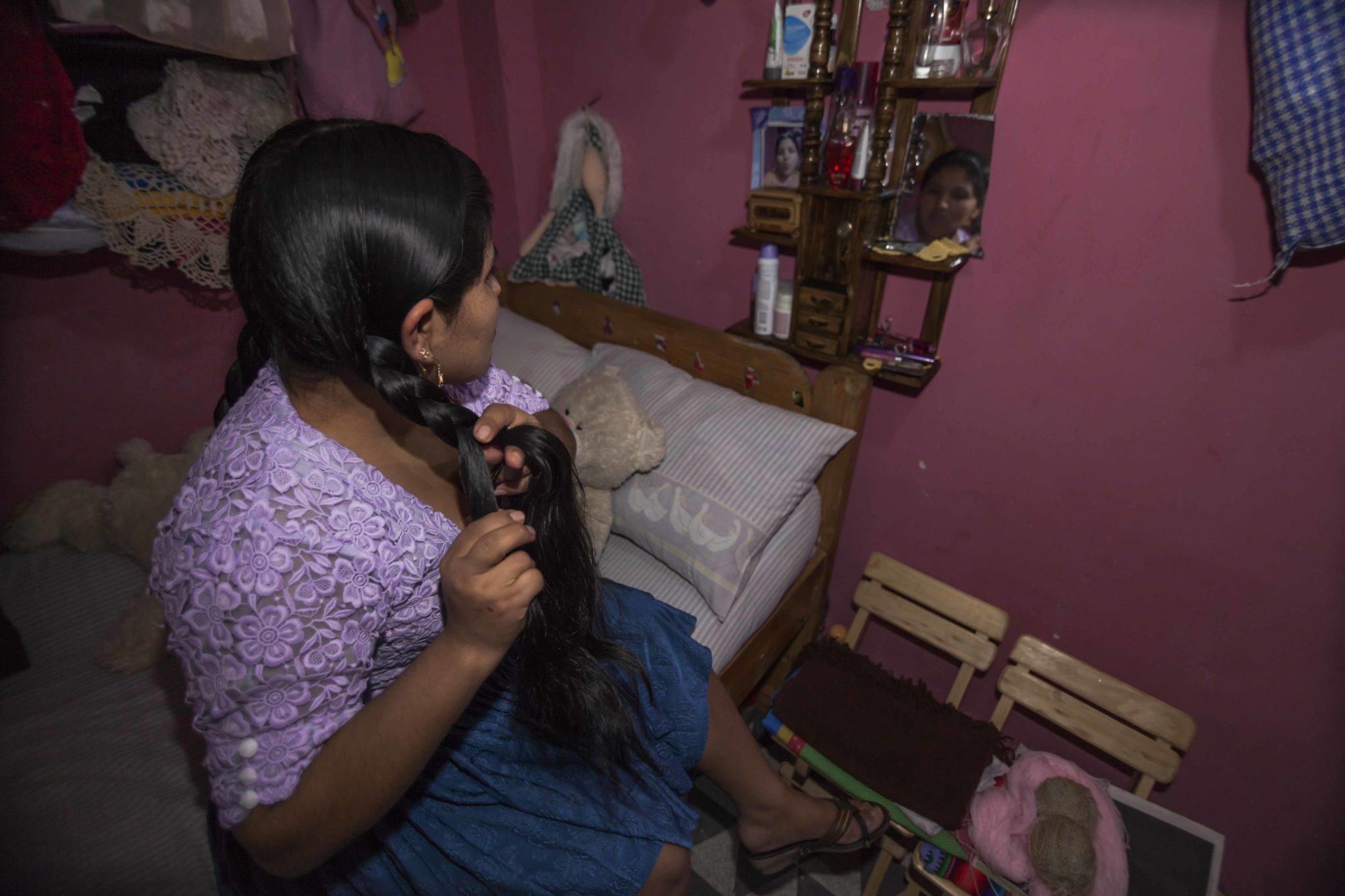
Back in Bolivia, a friend offered Nayeli $1,000 to swallow capsules filled with cocaine and to travel to Chile.
“My first time, I carried 900 grams of cocaine. The man coming with us on the trip made me practice by swallowing pieces of carrots 10 centimeters long… I made enough money to buy a bed and some other things, because I didn’t have anything.”
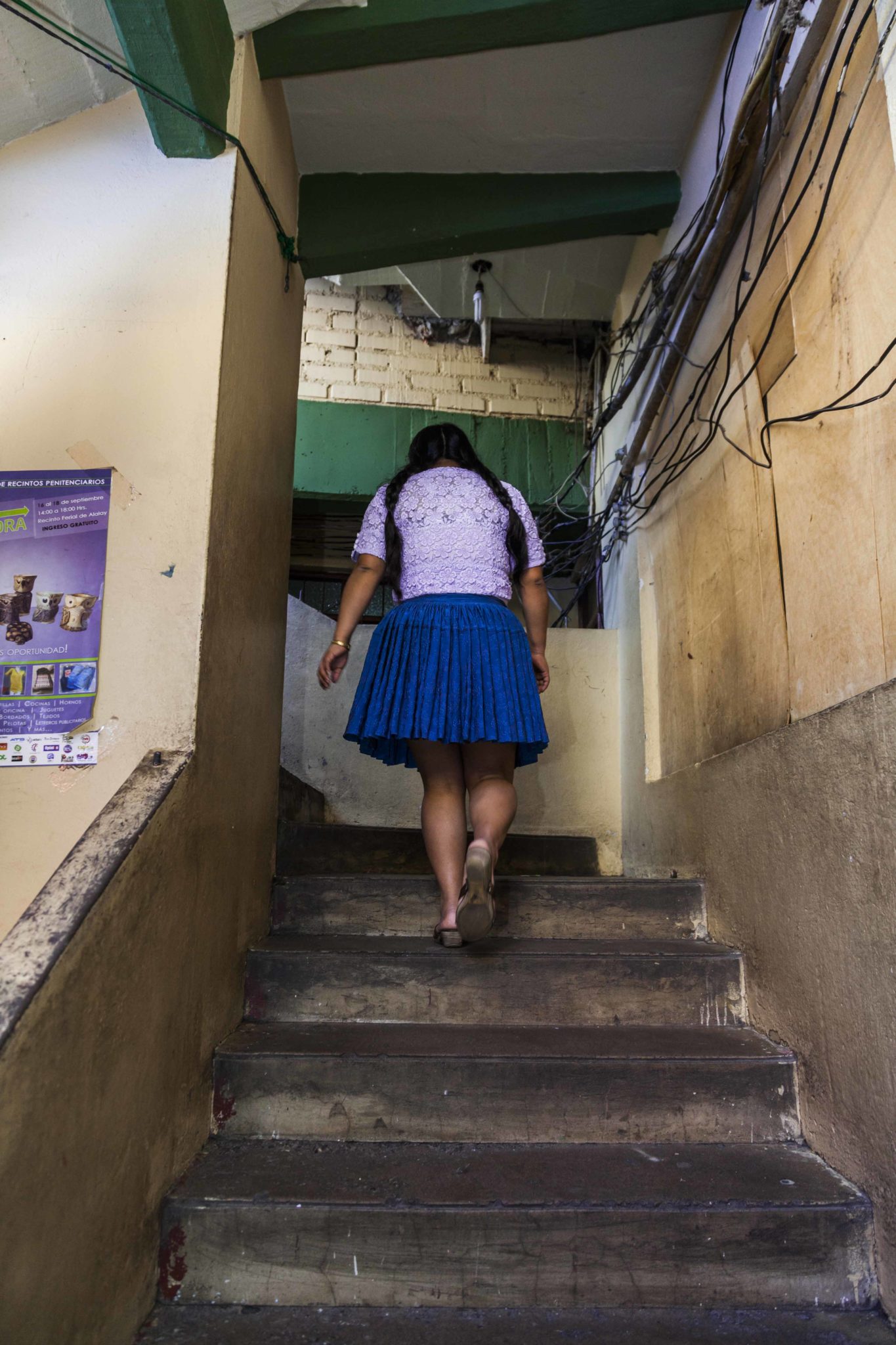
“After swalloing capsules for my second trip, the police detained me.”
“‘She’s a mule. Open your mouth,’ they ordered, but I refused. They gave me laxatives and pumped my stomach to get the capsules out.”
Nayeli spent 6 months in prison.
Upon her release, Nayeli was in debt and had very little income. She decided to again transport drugs to support her son.
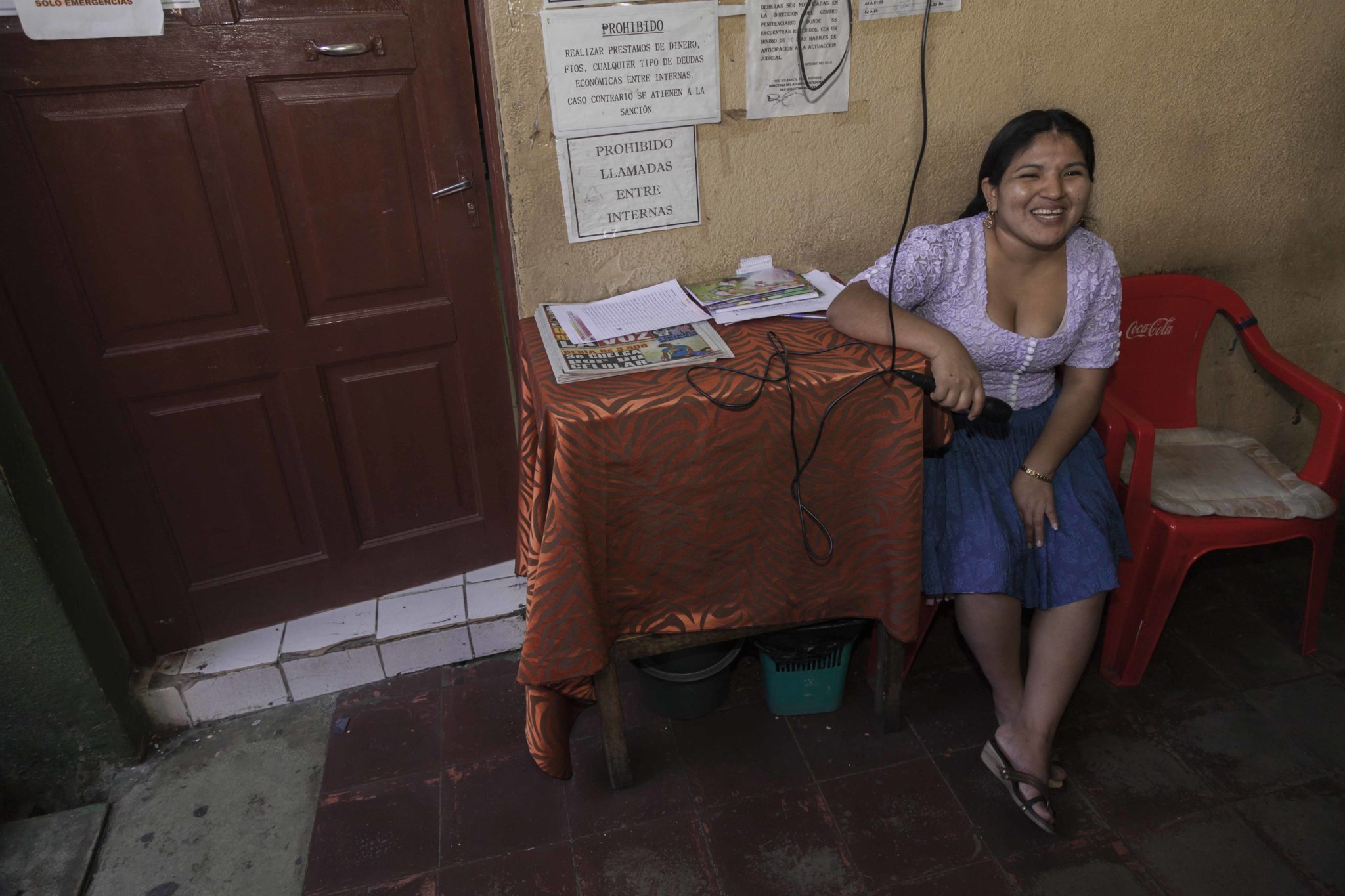
“I was carrying 3 kilograms of cocaine paste taped to my legs. Someone turned us in, and the police brought me back to prison. I’m serving an 8-year sentence.”
The father of Nayeli’s youngest son does not pay child support, so she supports him on her own by announcing visitors to the jail over the loudspeaker.
In a month she will be eligible to work outside of the prison during the day. After taking night classes she and 24 other inmates will obtain the equivalent of a high school diploma.
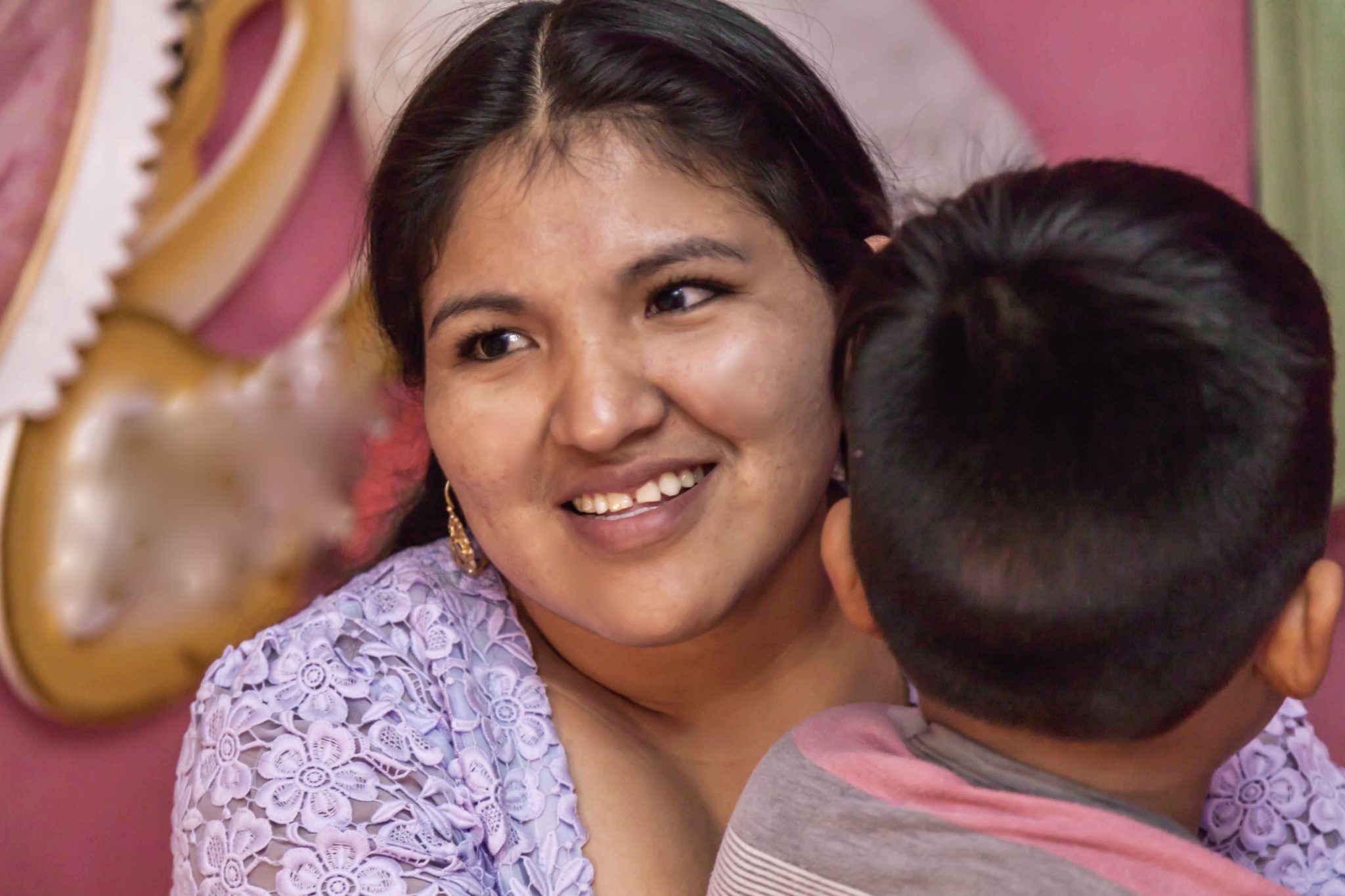
“Life is sad here. No one ever visits me. Sometimes you need moral support. Those of us who don’t have visitors feel so alone. It makes me sad and I start crying. When I get out, I want to go far away from here and start a new life with my son.”
Kathryn Ledebur is the Executive Director at the Andean Information Network (AIN), a non-governmental organization based in Cochabamba, Bolivia. She has over 20 years of experience analyzing the impact of drug policy.

Kathryn Ledebur is the Executive Director at the Andean Information Network (AIN), a non-governmental organization based in Cochabamba, Bolivia. She has over 20 years of experience analyzing the impact of drug policy.
“It is crucial that women imprisoned for low-level, non-violent crimes have access to alternatives to incarceration. In the majority of cases, the impact of imprisonment on a woman and her family is more detrimental than the crime itself.”
* Interviewee’s name has been changed
Credits:
Production:
The Andean Information Network and WOLA
Photography:
William Wroblewski
Interviewers and Editorial Assistance:
Kathryn Ledebur, Ana Carolina Gálvez, and Ariel Pueyo Encinas
Design:
Caroline Buhse
Special Thanks To:
The women of San Sebastian Prison
The administration at the San Sebastian Women’s Prison
The Bolivian Penitentiary System
This photo essay was produced with support from Open Society Foundations and the Libra Foundation.